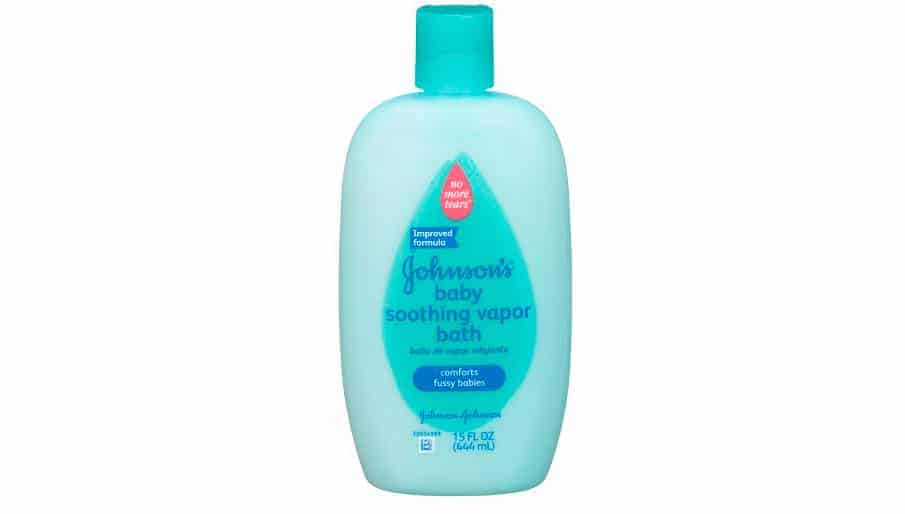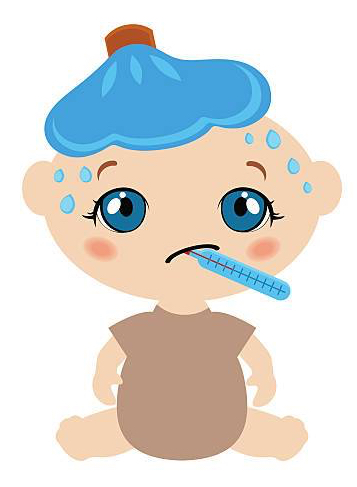Toddler Stuffy Nose At Night Only. It's really difficult when we have a congested nose. Remember the times you wake up choking for air because your nose is really stuffy?

Since most toddlers are not able to blow their noses, they require additional assistance in order to clear their stuffy noses.
Why does my baby seem to get a stuffy nose everynight when he sleeps flat on his back?
WebMD shows you how to ease congestion and help your baby breathe easier. And your blocked nose gets worse. Well at night you will be asleep so doesnt matter anyway. and if you would. Some experts advise against treating your newborn's stuffy nose, especially if your baby is feeding well and filling up diapers normally. Check out this article to know what are the causes and how you can prevent it. I use the nasal aspirator and nothing comes out.anyone have any.
Why your nose gets blocked at night and the best ways to clear it up, including decongestants and natural remedies. You may have a few sleepless nights, but if you maintain a consistent. How can I help my baby sleep better at night when they have a blocked nose? Sleeping in a room with relatively low humidity can irritate your nasal passages and throat, and that will cause your stuffy nose to feel even worse than usual. At first I thought it was just common allergies. It's only natural to be frustrated when your toddler's feeling poorly and has trouble sleeping.
Stuffed-up noses are caused by inflammation of the sensitive membranes that line the nasal cavity, and they're usually nothing to worry about. A stuffy nose stimulates the nerve endings of the inner lining of the nostrils, which respond through the natural reflex of sneezing. At a given moment, if you're breathing through your nose, the lion's share of the air is going in and out of one nostril, with a much smaller.






